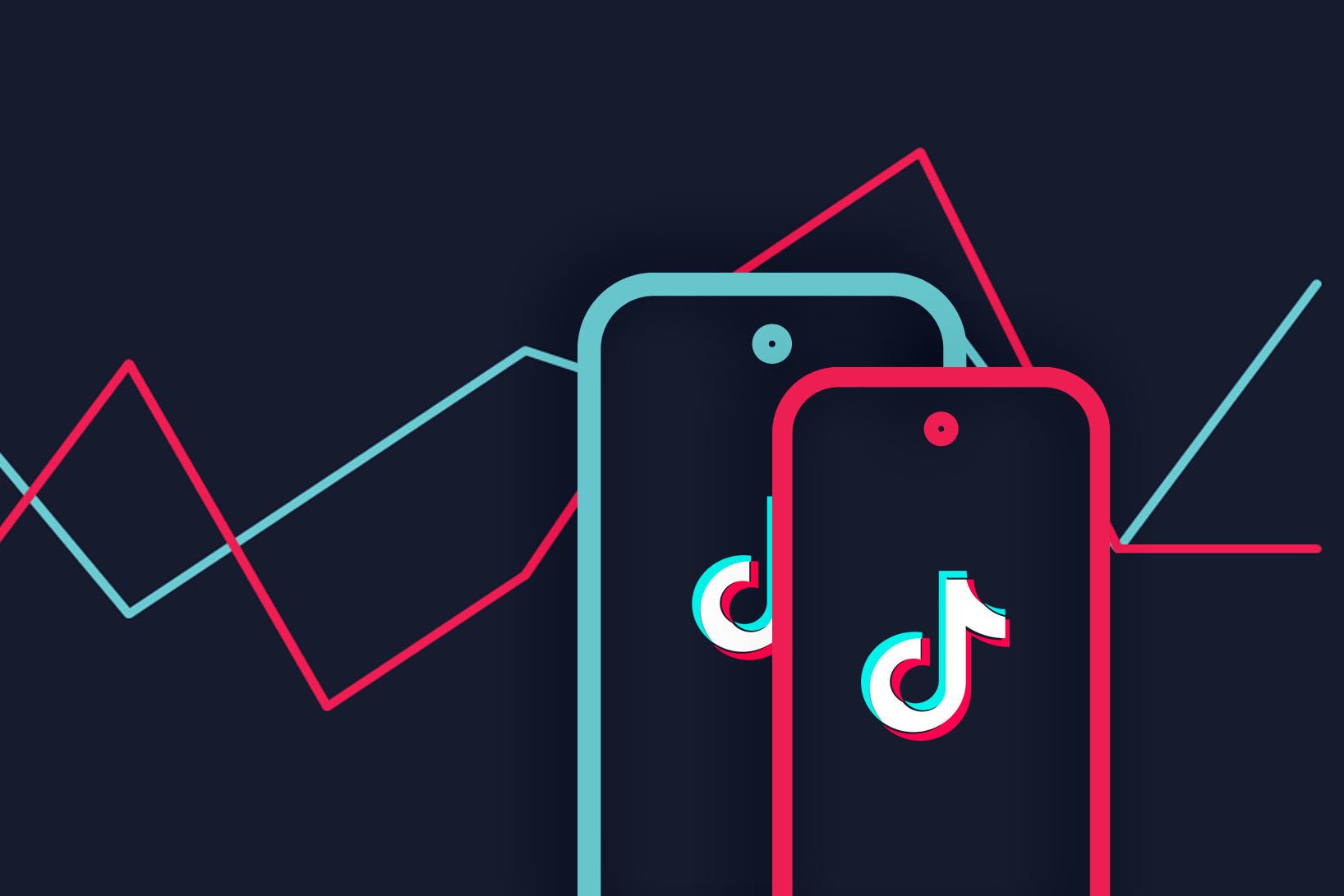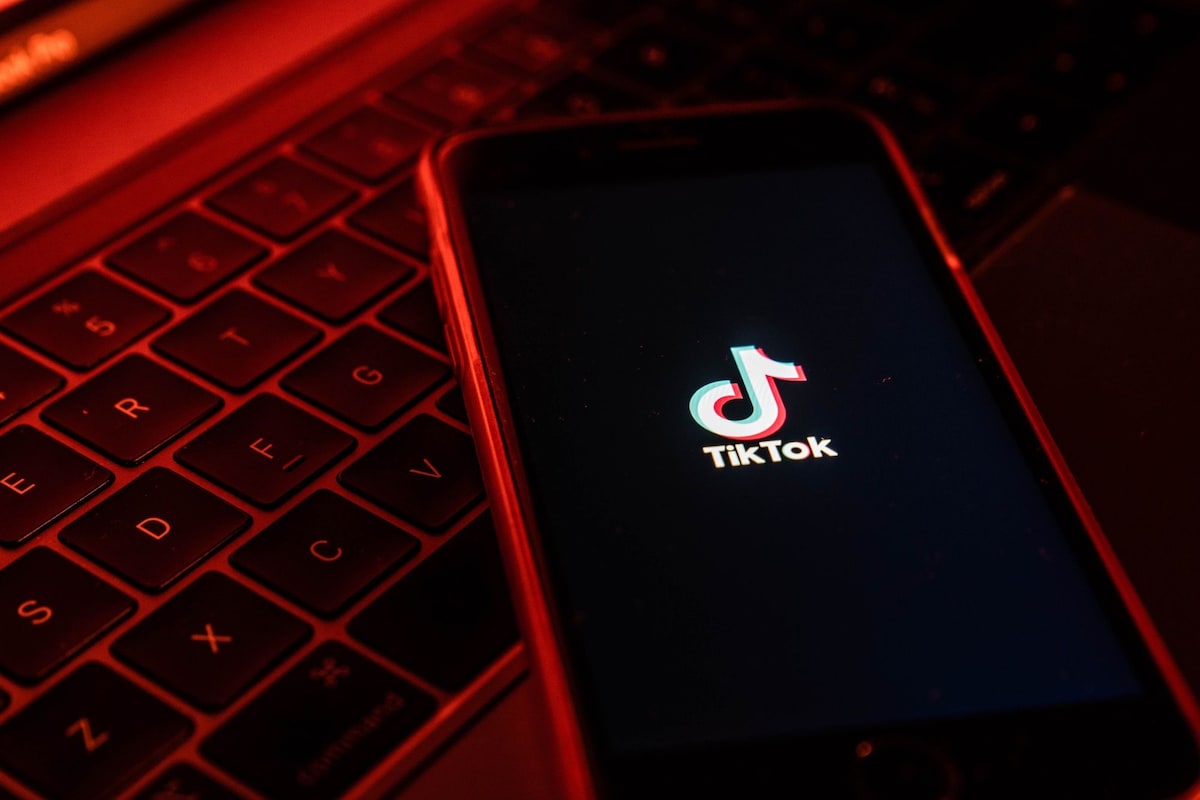In the dynamic landscape of social media, TikTok has emerged as a global powerhouse, captivating millions with its short-form videos and innovative content creation tools. However, alongside its rapid rise in popularity, TikTok has faced a myriad of challenges, one of which involves the proliferation of third-party downloaders. These tools allow users to download TikTok videos directly onto their devices, bypassing the platform’s intended sharing mechanisms. This phenomenon has sparked debates regarding its impact on TikTok’s policies and the broader implications for user privacy, content ownership, and platform regulation.
Understanding TikTok Downloaders:
TikTok downloaders are software applications or online services that enable users to save videos from the platform onto their devices, typically without the creator’s consent. These tools range from simple browser extensions to sophisticated mobile apps, offering various features such as batch downloading, high-quality video extraction, and direct sharing to other platforms. While some downloaders claim to respect copyright and user rights, many operate in a legal gray area, raising concerns about intellectual property infringement and data privacy.
Challenges to TikTok’s Platform Policies:

The proliferation of TikTok downloaders presents significant challenges to the platform’s policies and terms of service. TikTok’s guidelines explicitly prohibit the unauthorized downloading or redistribution of user-generated content, aiming to protect creators’ rights and maintain control over the platform’s content ecosystem. However, the widespread availability of downloaders undermines these efforts, allowing users to circumvent TikTok’s intended mechanisms for sharing and engagement.
Moreover, the rise of downloaders complicates TikTok’s content moderation efforts, as downloaded videos can be re-uploaded or repurposed without the original creator’s knowledge or consent. This poses challenges in ensuring the integrity of the platform’s community guidelines and addressing instances of harassment, misinformation, or other forms of harmful content. Additionally, the proliferation of downloaded content may distort metrics such as view counts, engagement rates, and trending algorithms, affecting the platform’s ability to accurately assess content popularity and relevance.
Implications for User Privacy and Data Security:
Beyond its impact on platform policies, the use of TikTok downloaders raises significant concerns regarding user privacy and data security. Many downloaders require access to users’ TikTok accounts or personal information, raising questions about data harvesting, unauthorized access, and potential security breaches. Users may unknowingly expose themselves to risks such as identity theft, account hijacking, or malware installation by using unverified downloader services.
Furthermore, the widespread dissemination of downloaded TikTok https://tikd.cc/en/ videos can amplify privacy risks for content creators, as their videos may be shared and distributed without proper consent or attribution. This not only undermines creators’ control over their intellectual property but also exposes them to potential harassment, exploitation, or reputational harm. As TikTok strives to foster a safe and secure online environment, the prevalence of downloaders challenges the platform’s ability to uphold user trust and protect sensitive information.
Addressing the Challenges:

To mitigate the impact of TikTok downloaders on platform policies and user safety, proactive measures are needed from both TikTok and regulatory authorities. TikTok can enhance its technological infrastructure and enforcement mechanisms to detect and prevent the unauthorized downloading and distribution of content more effectively. This may involve implementing advanced content recognition algorithms, enhancing user authentication protocols, and collaborating with cybersecurity experts to identify and mitigate emerging threats.
Additionally, TikTok can educate users about the risks associated with downloaders and promote responsible content consumption and sharing practices. By raising awareness about copyright laws, data privacy best practices, and the importance of respecting creators’ rights, TikTok can empower its user community to make informed decisions and contribute to a more respectful and compliant online environment.
From a regulatory perspective, policymakers and legislators can explore legislative frameworks and regulatory measures to address the challenges posed by TikTok downloaders comprehensively. This may include updating existing copyright laws to encompass digital content distribution, imposing sanctions on unauthorized downloader operators, and fostering international cooperation to combat cross-border intellectual property infringement.
The proliferation of TikTok downloaders presents multifaceted challenges to platform policies, user privacy, and content integrity. As TikTok continues to evolve as a leading social media platform, it must adapt its policies, technologies, and community engagement strategies to effectively address these challenges and uphold its commitment to fostering a safe, inclusive, and innovative online community. By collaborating with stakeholders, leveraging technological innovations, and promoting responsible digital citizenship, TikTok can navigate the complex landscape of downloader proliferation and emerge as a resilient and trusted platform for creative expression and social interaction.
